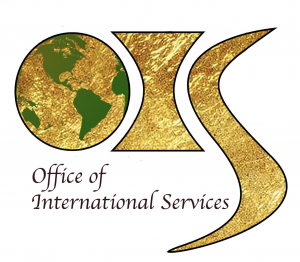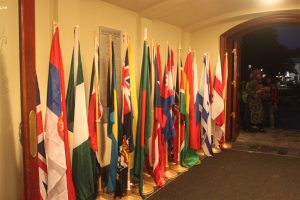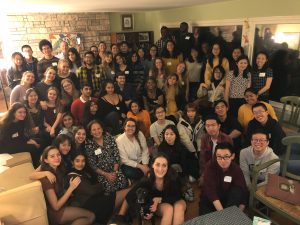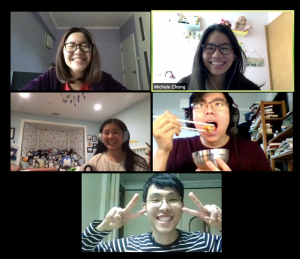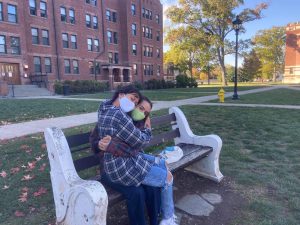Let me start by saying, my relationship with my hair is Alhamdulilah!(Said with a lot of attitude, peep my pics below to see why). As a Nigerian guy, getting ready to move to the US, everyone had something to say about what I needed to take to college. Food and fashion were heavily emphasized, especially since my mum and I had shut down the Wuse market that year. However, there was little to no talk about hair care, which I believe is at least 30% of the fashion game.
To be honest, I was quite crazy back then, and as a chronic procrastinator, I had left everything to the very last minute. So, when I left Nigeria, my hair was in shambles, and I’m not including photos for obvious reasons. My hair game was just not up to par, and it set me up for major problems at Vassar (if you want the deets, find me in Raymond house when you come to campus).
Managing my afro hair in the US turned out to be quite challenging. The US is a diverse country, but unfortunately, not all hair care products cater to Afro-textured hair(don’t roll your eyes,I know that that’s the beginning of every conversation about afro hair in this country) . It was frustrating trying to find suitable hair products, especially since I was in a new environment. Guys, between quarantining for two weeks upon entry and fighting to get into my classes, I was losing it.
One of the first things I did was research and find out what products work best for my hair type. There are several hair care products available in the market, but not all of them are suitable for Afro-textured hair. I found that products with natural oils and ingredients like Shea butter, coconut oil, and castor oil worked best for me. It took some trial and error, but I eventually found the right products that worked for my hair.
Establishing a regular hair care routine was also important in managing my hair. My routine consisted of washing, conditioning, and moisturizing my hair. I washed my hair once a week or every other week, depending on my hair type. Deep conditioning was also crucial to keep my hair moisturized and healthy. I used hair oils and leave-in conditioners to keep my hair moisturized and prevent breakage.
Protective styles were also a great way to manage my hair. I went for braids, twists, and cornrows, which helped me maintain my hair’s health and length. These styles also reduced the amount of time I spent styling my hair, making it easier to manage.
It’s important to note that Afro-textured hair is unique, and what works for one person may not work for another. Don’t be afraid to experiment with different products and methods to find what works best for your hair. You can also join online communities or local hair groups to connect with other people who have similar hair types and share tips and advice.
In conclusion, managing my Afro hair as a Nigerian student in the US was challenging, but with the right products, methods, and routine, it became easier. Don’t be afraid to try new things and find what works best for your hair, and most importantly, embrace and celebrate your natural hair.
